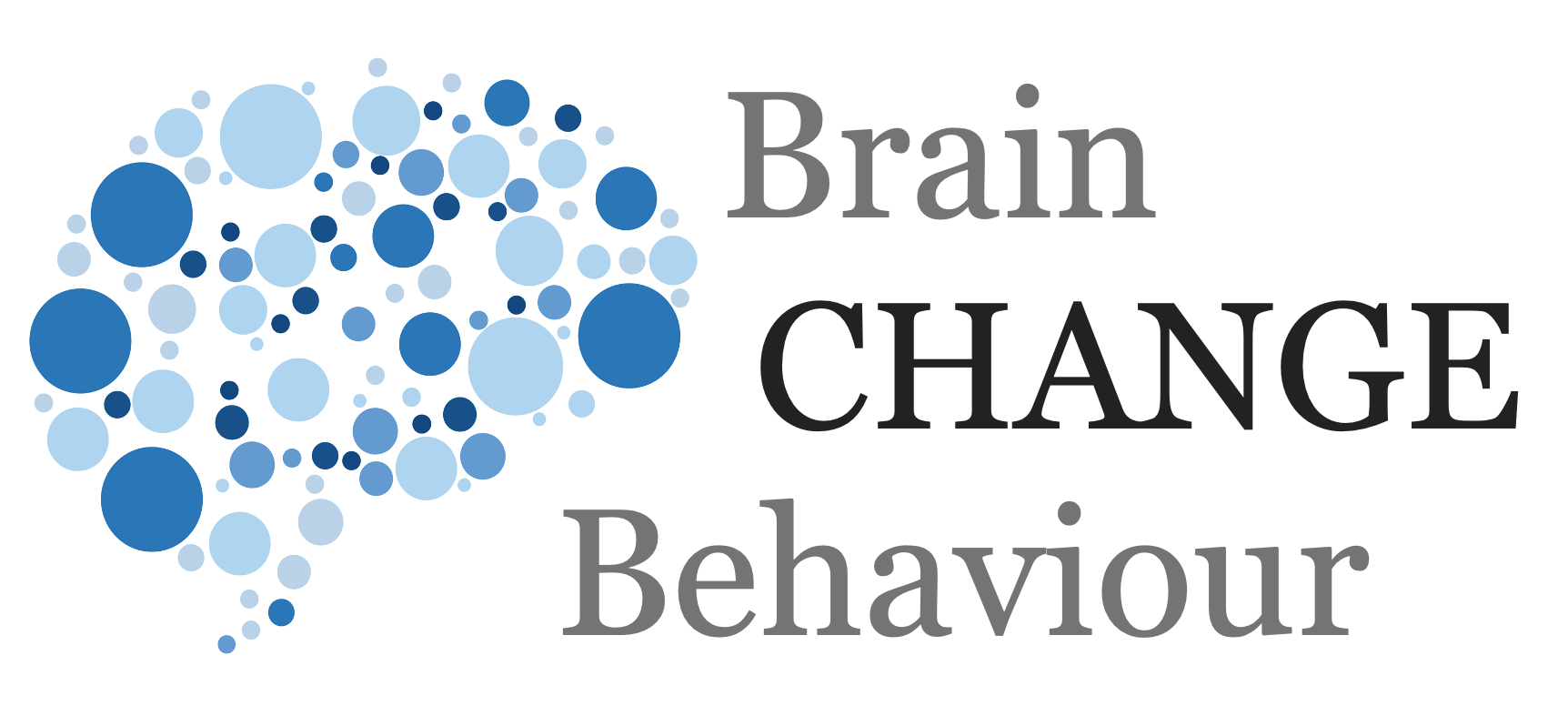Article
Scalability – Voltage Drops

We probably all know that any change – well, obviously, changes something. But this also means there will be various knock-on effects. In a best-case scenario, the knock-on effects are positive but there can also be, and often are, unintended negative consequences or negative spill overs.
Many of these are commonly seen in government mandated programmes. For example, making cycling helmets mandatory in Victoria, Australia, reduced the number of head injuries, but the negative consequence is it also reduced the number of adolescent cyclists. A group the government would actually want cycling more.
The rule of unintended consequences is that in any complex system there will always be multiple knock-on effects. And many of these will be hard to predict. They could be negative change in other areas or alternatively do the opposite to what was intended.
This means that considerable thought needs to be given to what will change when change occurs, or new policies are implemented.
Simple Takeaways
-
- Give considerable thought to consequences
- Trial and pilot at scale where possible and collect behavioural data
- Measure continually and respond quickly
© leading brains 2022
Reference
More Articles
Limits to Scalability – Voltage Drops
Voltage Drop is a useful term and analogy to the problems of scaling ideas or change in any environment. Voltage drop refers to how electrical current can decrease across distance it travels.
The Equilibrium Effect
Things in life tend towards certain balances. This is particularly true in large systems and this is why change can happen in small contexts and be very effective or successful but in large systems different rules apply.
The supply side of scaling
There are a number of problems with the supply side – being able to supply the resources and competencies to drive change.
Representativeness of the Situation
“You had to be there” is an expression that says you had to be in a particular situation, in that particular vibe, to fully understand a situation.
Representativeness of the Population
When we get a good idea, we may know it is a good thing. And because we know it is a good thing we may then falsely assume – without really thinking this through – that everybody thinks this is a good thing.
False Positives – The inference problem
A false positive has become better-known to the general public during the pandemic and with COVID-19 testing particularly with home based quick tests.






